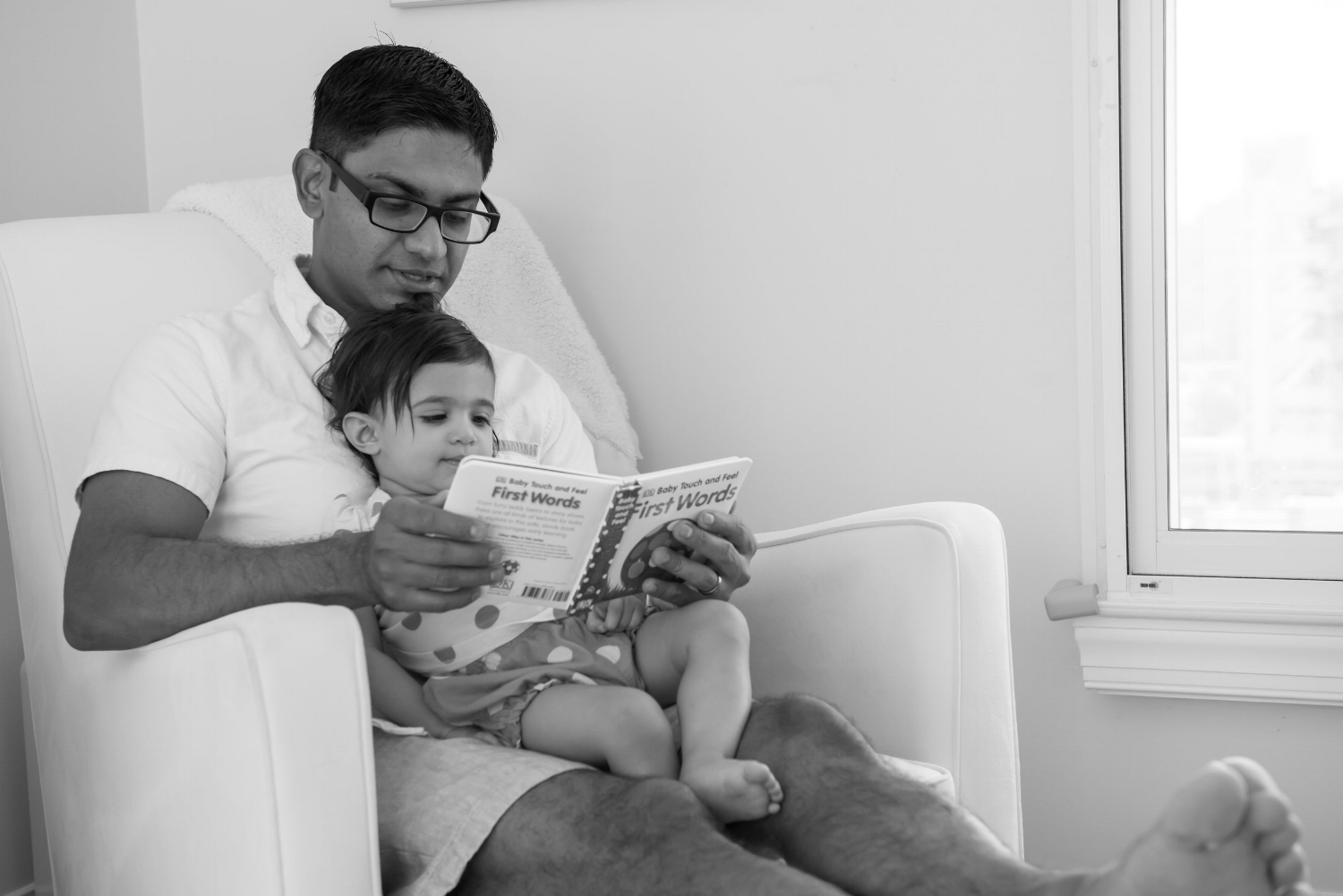Are your sleep habits healthy ones?
/Q: There is so much talk about the importance of sleep and healthy sleep habits for our babies and children. How do I know if we have healthy sleep habits in our home?
A: It’s true: We know so much about the importance of sleep nowadays, maybe because so many of us are sleep-deprived. But we can’t deny the science that shows us how important healthy sleep is for our children’s growth and development.
Growth requires several hormones to stimulate various biological events in the blood, organs, muscles and bones. The production of human growth hormone (HGH) is affected by nutrition, stress and exercise. But in young children, the most important factor affecting its production is sleep. The most intense period of HGH release in children is shortly after the beginning of deep sleep. Without adequate sleep, growth problems can result. A lack of sleep at night can also affect motor skills and concentration during the day, leading to more accidents, behavioral problems and poor performance at school. These are just a few ways poor sleep can affect our children.
What are healthy habits?
We all have an internal clock, also known as our circadian rhythm or natural sleep window. This is largely established through exposure to light and darkness and social cues in our environment. The first piece of the healthy sleep habits puzzle is sleeping at the right times – on our own internal clock.
Then we need the right amount of sleep to go along with sleeping at the right time. Sleep experts vary on the optimal times for sleep,but almost all agree on how many hours of sleep children need each day. You can find a sample chart of sleep amounts by age on my Pinterest page (tinyurl.com/pamssleepchart).
Quality of sleep is another important factor in creating healthy sleep habits. Medical problems such as restless legs, sleep apnea, snoring or other conditions that cause waking need to be addressed. Also, motion sleep after 4 months of age (swings, strollers, riding in cars) is less restorative than still sleep.
Next we need to look at the environment, which can affect quality of sleep. Is it dark? What is the noise level and temperature? Is it safe? These things and more should be addressed to help create a conducive sleep space for our children and ourselves.
Finally, establishing developmentally appropriate routines and habits that help our little ones wind down and feel safe and secure and ready to separate for sleep is critical. The goal is to move toward independent sleep free of crutches and props. Creating good routines early on will ensure your little ones move toward independent sleep as toddlers, preschoolers and beyond.
If you need help establishing healthy habits in your home, contact a trained sleep consultant to work with you.

